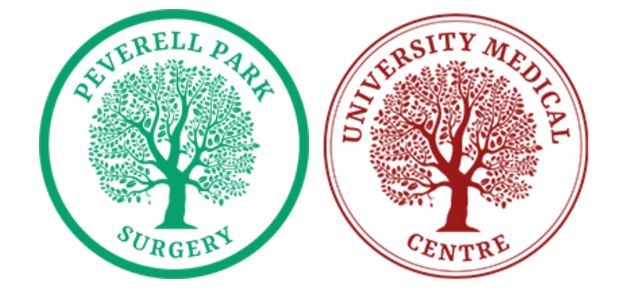Peverell Park Surgery & University Medical Centre
Peverell Park Surgery | 01752 766644
University Medical Centre | 01752 222341
Sorry, we're currently closed. Please call NHS 111

Skin Conditions
Scabies
Scabies is a very itchy skin condition caused by a microscopic mite. It is highly infectious and can cause intense itching. The itching is often worse at night or when hot e.g. after a shower or exercise.
Download a Scabies Factsheet
Eczema
Atopic eczema (atopic dermatitis) is the most common form of eczema, a condition that causes the skin to become itchy, dry and cracked.
Atopic eczema is more common in children, often developing before their first birthday. But it may also develop for the first time in adults.
It’s usually a long-term (chronic) condition, although it can improve significantly, or even clear completely, in some children as they get older. Find out more
Itchy skin
Itchy skin is not usually a sign of anything serious. You can often treat it yourself and it will usually go away after a few weeks. For more info
Acne
Acne is a common skin condition that affects most people at some point. It causes spots, oily skin and sometimes skin that’s hot or painful to touch. Find out more
Shingles
Shingles is an infection that causes a painful rash. Get advice from 111 as soon as possible if you think you have it. Find out more
Check if you have shingles
The first signs of shingles can be:
» a tingling or painful feeling in an area of skin
» a headache or feeling generally unwell
Hives
Hives rashes usually get better within a few minutes to a few days. You can often treat hives yourself. Find out more
Check if it’s hives
The main symptom of hives is an itchy rash.
The rash can:
» be raised bumps or patches in many shapes and sizes
» appear anywhere on the body
» be on 1 area or spread across the body
» feel itchy, sting or burn look pink or red when affecting someone with white skin; the colour of the rash can be harder to see on brown and black skin.
Rosacea
Rosacea is a long-term skin condition that mainly affects the face. It’s more common in women and people with lighter skin, but symptoms can be worse in men. Treatment can help with symptoms. Find out more
Check if you have rosacea
The first signs of rosacea include
» redness (blushing) across your nose, cheeks, forehead and chin that comes and goes
» a burning or stinging feeling when using water or skincare products

